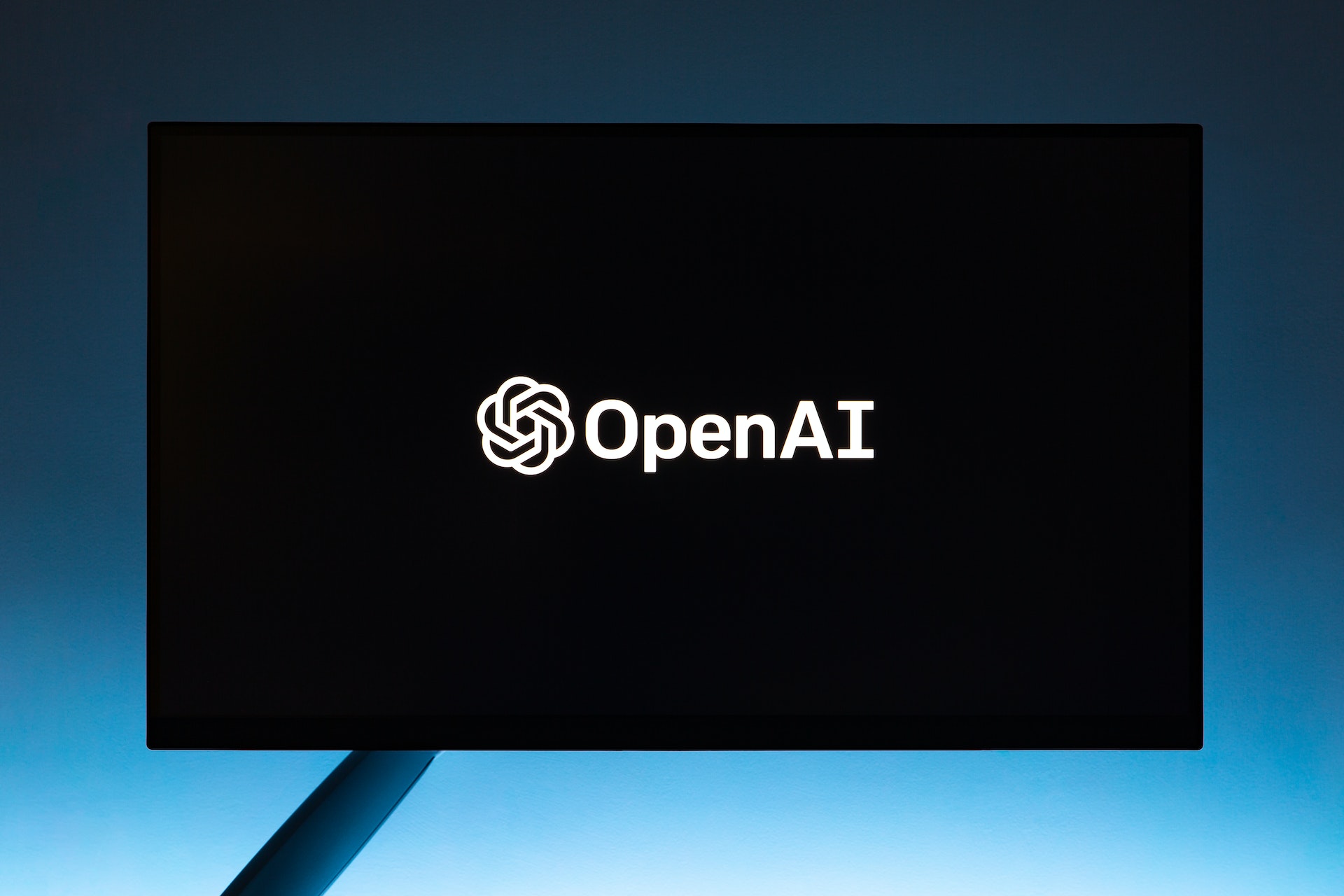Advanced ChatGPT Prompt Engineering - Enhancing The Power Of AI
With advanced ChatGPT prompt engineering, developers can take the power of ChatGPT to the next level. By creating custom prompts and training the model on specific datasets, developers can create AI applications that can understand and generate text on specific topics, industries, or use cases.
Author:Daniel BarrettMar 29, 202392.4K Shares1.2M Views

With advanced ChatGPT prompt engineering, developers can take the power of ChatGPT to the next level.
By creating custom prompts and training the model on specific datasets, developers can create AI applications that can understand and generate text on specific topics, industries, or use cases.
In recent years, natural language processing (NLP) has become increasingly popular as more businesses and organizations seek to leverage the power of AI to improve their operations.
One of the most important tools in the NLP toolkit is the language model, which is designed to understand and generate natural language text.
Among the most advanced of these language models is ChatGPT, an AI language model developed by OpenAI.
What Is ChatGPT Prompt Engineering?
ChatGPT Prompt Engineering is the process of creating custom prompts for the ChatGPT language model. A prompt is a short piece of text that is used to initiate a conversation with the AI model.
When the AI receives a prompt, it generates a response that is designed to be relevant to the prompt. The response can be anything from a short answer to a longer paragraph or even a full article.
Developers can create custom prompts that are tailored to specific topics or use cases. By training the AI on specific datasets, the model can become more accurate in generating responses that are relevant to the prompts.

What is ChatGPT and How You Can Use It
How Does ChatGPT Prompt Engineering Work?
ChatGPT Prompt Engineering works by fine-tuning the pre-trained ChatGPT model on specific datasets. This is done by providing the model with examples of prompts and responses that are relevant to the topic or use case.
The model then learns from these examples and becomes better at generating responses that are relevant to the prompts.
Developers can also use ChatGPT Prompt Engineering to improve the accuracy of the model in generating responses to specific prompts. This is done by providing the model with feedback on the responses it generates.
Developers can tell the model which responses are good and which are not, allowing the model to learn from its mistakes and improve over time.
Advantages Of Advanced ChatGPT Prompt Engineering
There are several advantages to using Advanced ChatGPT Prompt Engineeringto create custom AI applications. These include:
- Improved accuracy -By fine-tuning the model on specific datasets and providing feedback on its responses, developers can improve the accuracy of the model in generating responses that are relevant to specific prompts.
- Tailored responses -By creating custom prompts that are tailored to specific topics or use cases, developers can create AI applications that can generate responses that are highly relevant and useful to their users.
- Faster deployment -Advanced ChatGPT Prompt Engineering can be used to create AI applications that are deployed faster than traditional custom AI applications. This is because the model is already pre-trained and only needs to be fine-tuned on specific datasets.
- Cost-effective -Developing custom AI applications can be expensive, but Advanced ChatGPT Prompt Engineering can be a cost-effective way to create highly accurate and useful AI applications.
What Is Advanced ChatGPT Prompt Engineering?
Advanced ChatGPT Prompt Engineering refers to the development and optimization of prompts for the ChatGPT language model.
It involves using various techniques and approaches to design prompts that can elicit desired responses from the model, and ultimately improve its performance in generating natural language.
Prompt engineering is an important aspect of training and fine-tuning language models, as it can help to mitigate common issues such as low diversity, repetition, and coherence in generated text.
Advanced ChatGPT Prompt Engineering takes this process to the next level, using more sophisticated strategies and tools to create effective prompts that can produce high-quality output across a range of tasks and applications.
Benefits Of Advanced ChatGPT Prompt Engineering
Advanced ChatGPT Prompt Engineering offers several benefits, including:
- Improved Accuracy- With advanced prompt engineering, ChatGPT models can better understand the nuances of language and produce more accurate responses.
- Increased Efficiency- Advanced prompt engineering allows for more efficient training of ChatGPT models, reducing the time and resources required to train a model.
- Better Personalization- By customizing prompts to specific use cases, Advanced ChatGPT Prompt Engineering can create models that are more tailored to specific applications, leading to better personalization of responses.
- Enhanced User Experience- Advanced ChatGPT Prompt Engineering can lead to more human-like responses, improving the user experience and increasing engagement.
- Cost Savings- By reducing the amount of training data required and increasing efficiency, Advanced ChatGPT Prompt Engineering can lead to cost savings in the development of AI models.
Overall, Advanced ChatGPT Prompt Engineering can significantly improve the performance of ChatGPT models, leading to better results and increased value for businesses and consumers alike.
Applications Of Advanced ChatGPT Prompt Engineering
Advanced ChatGPT Prompt Engineering has a wide range of applications across various fields. Some of the applications are:
Content Creation
Advanced ChatGPT Prompt Engineering can be used to create high-quality content for blogs, websites, social media, and other digital platforms.
By providing a prompt or a topic, the model can generate creative and engaging content that can attract and retain the attention of the audience.
Customer Service
Chatbots powered by Advanced ChatGPT Prompt Engineering can provide an efficient and personalized customer service experience.
They can understand and respond to customers' queries and concerns, and provide them with relevant information and solutions.
Language Translation
Advanced ChatGPT Prompt Engineering can be used to translate text from one language to another. It can generate accurate translations that maintain the meaning and tone of the original text.
Medical Diagnosis
The model can be used in medical diagnosis to provide accurate and timely diagnosis based on patients' symptoms and medical history.
Personal Assistants
Advanced ChatGPT Prompt Engineering can be used to develop personal assistants that can perform tasks such as scheduling, reminders, and other administrative tasks, using natural language communication.
Overall, Advanced ChatGPT Prompt Engineering has the potential to revolutionize the way we interact with technology and improve our daily lives.
People Also Ask
How Does Advanced Prompt Engineering Improve The Performance Of ChatGPT Models?
Advanced prompt engineering techniques can improve the performance of ChatGPT models by enabling more efficient and effective natural language processing.
By refining the prompts used to train the model, researchers can help ChatGPT generate more accurate and relevant responses to user queries.
What Are Some Of The Most Effective Techniques For Advanced Prompt Engineering In ChatGPT?
Some of the most effective techniques for advanced prompt engineering in ChatGPT include fine-tuning, prompt programming, and prompt engineering through transfer learning.
These techniques can help researchers improve the model's ability to understand context, generate coherent responses, and learn from user input.
How Can ChatGPT Prompt Engineering Be Used To Enhance User Experience In Chatbots?
ChatGPT prompt engineering can be used to enhance user experience in chatbots by enabling them to understand user intent more accurately, generate more relevant responses, and maintain context throughout the conversation. This can help chatbots provide a more engaging and helpful experience for users.
How Does Advanced Prompt Engineering Impact The Development Of Conversational AI?
Advanced prompt engineering is a crucial aspect of developing conversational AI because it enables models like ChatGPT to process natural language more effectively.
By using techniques like fine-tuning and prompt engineering, researchers can help conversational AI models generate more coherent and relevant responses to user queries, leading to a more intuitive and engaging user experience.
What Are Some Of The Challenges Associated With Advanced Prompt Engineering In ChatGPT Models?
Some of the challenges associated with advanced prompt engineering in ChatGPT models include the need for extensive computingresources and the difficulty of creating high-quality prompts that accurately reflect the desired outcomes.
Additionally, prompt engineering requires a deep understanding of natural language processing and machine le
Final Words
Advanced ChatGPT Prompt Engineering is an exciting new field that has the potential to revolutionize the way we use AI in our daily lives.
With the ability to create custom prompts and fine-tune the ChatGPT model on specific datasets, developers can create highly accurate and useful AI applications that are tailored to specific topics or use cases.
As the field of AI continues to grow, it is likely that advanced ChatGPT prompt engineering will play an increasingly important role in the development of new and innovative AI applications.
Jump to

Daniel Barrett
Author
Daniel Barrett is a tech writer focusing on IoT, gadgets, software, and cryptocurrencies. With a keen interest in emerging technologies, Daniel offers expert analysis and commentary on industry trends. Follow him for authoritative insights into the latest tech innovations.
Latest Articles
Popular Articles